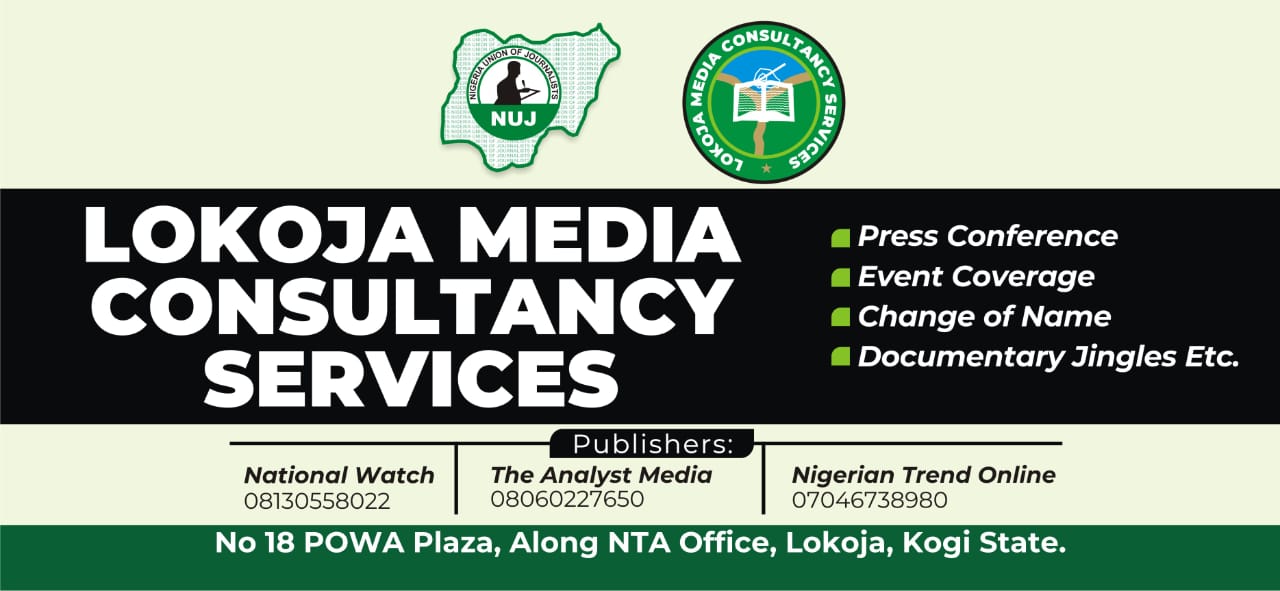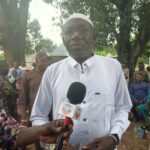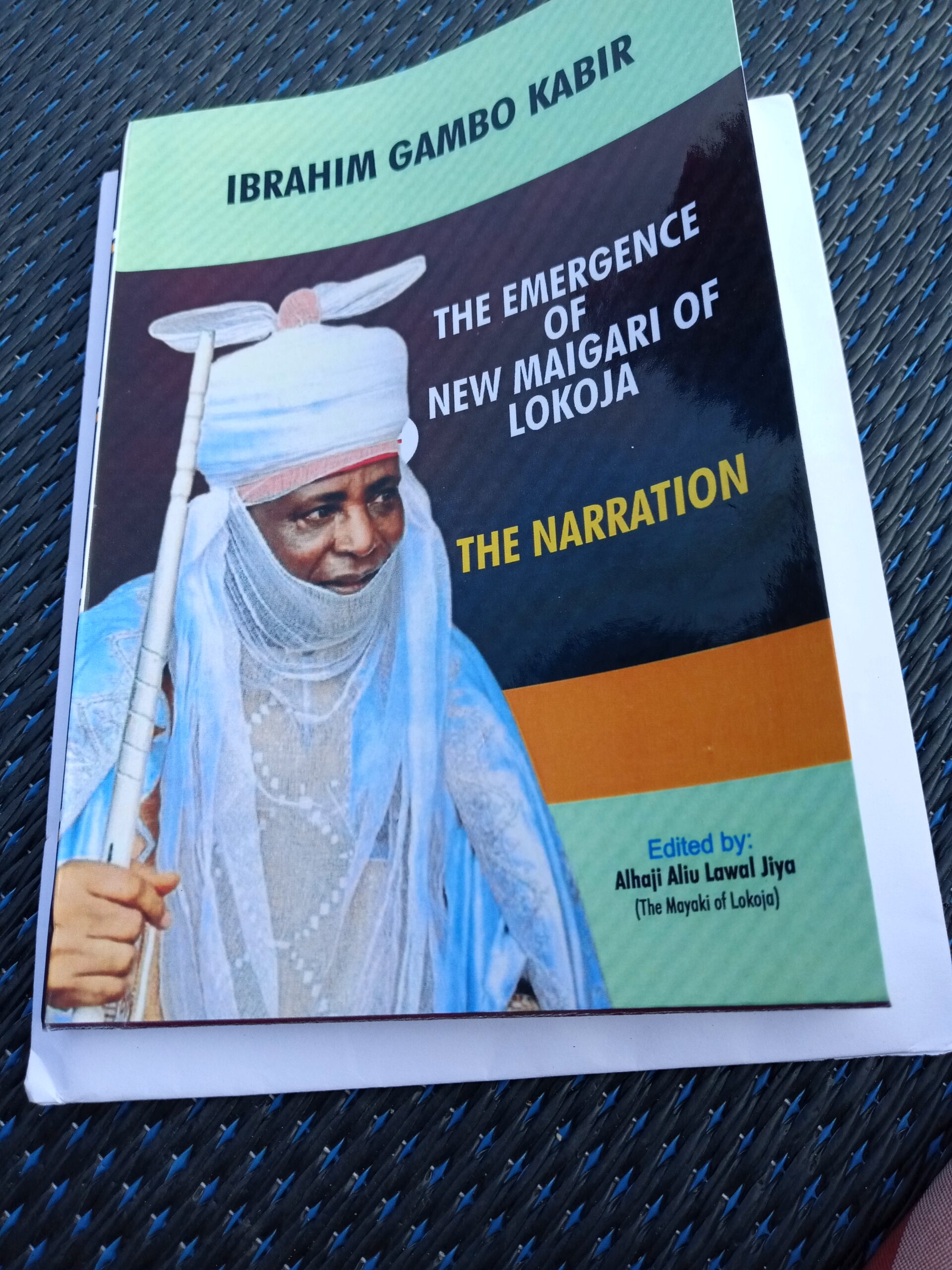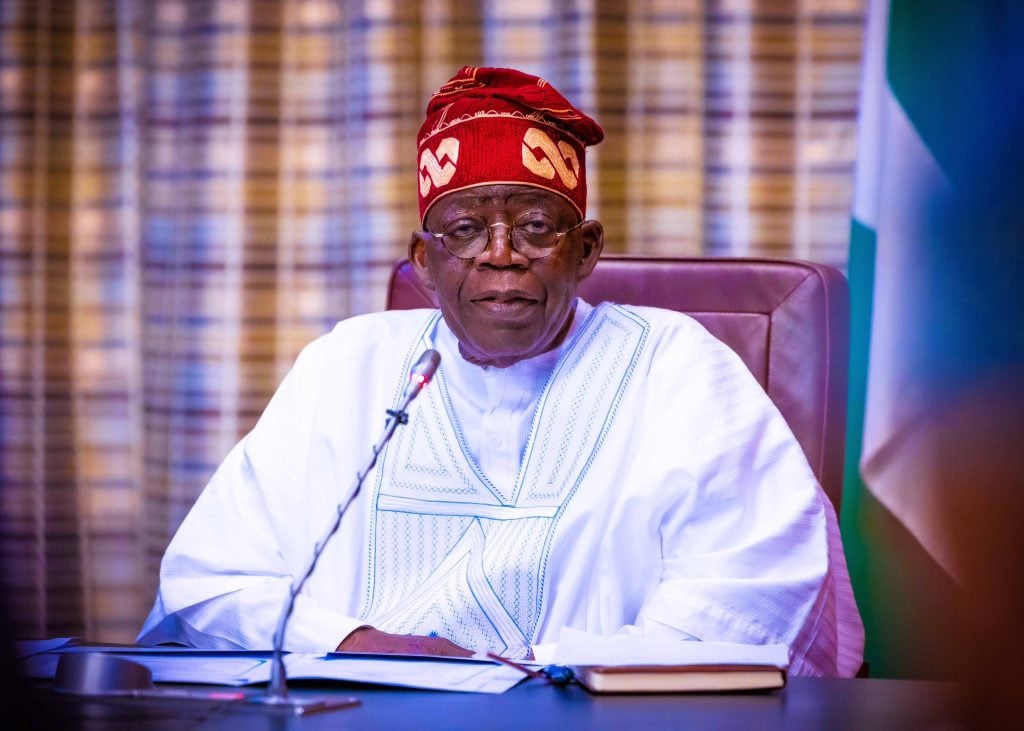
A nine-point agenda to be executed in three short years? This was the question on the minds of many Nigerians when President Muhammadu Buhari listed on Tuesday last week nine priority areas that he said his administration would pursue in its remaining three years in office. The aim, he said, is to improve the livelihood of Nigerians.
Buhari spoke while receiving letters of credence from ambassadors and high commissioners of nine countries recently sent to Nigeria. He listed the nine priority areas as building a thriving and sustainable economy; social inclusion and poverty reduction; enlarged agricultural output and food security; power and petroleum products energy sufficiency; expansion of transport and other infrastructure; expanding business growth, entrepreneurship and industrialisation; expand access to quality education; affordable healthcare; build a system to fight corruption, improve governance and create social cohesion; and improve security.
To begin with, the Buhari Administration set for itself three priority areas when it first came to power in 2015. These are fighting corruption, reviving the economy and improving security. After five years, its record in all three areas is patchy, to put it mildly. It was announced last week that the economy shrank by the largest percentage in 30 years, even though the pandemic and lockdown were mostly to blame. Even without those two events, the administration had not performed well in economic management. With regards to security, not only has it failed to end Boko Haram insurgency in five years but banditry and kidnapping spread and intensified these past five years. As for the anti-corruption fight, the suspension and on-going probe of acting EFCC chairman Ibrahim Magu cast a dark cloud over the entire effort.
It is fair to say that if the Buhari administration made no headway with a three-point agenda in five years, a nine-point agenda to be pursued in three years looks like a tall order indeed. Besides, the nine priority areas the president listed were too general in nature as to be impossible for Nigerians to assess at the end of three years. Previous administrations and this one had set clear targets in power generation and distribution, for example, such as number of megawatts to be attained. It was possible when the target date was up to say whether the target was achieved; in every case it was not. A target such as “energy sufficiency” is neither here nor there. Will the refineries be working and would we still be importing refined fuel, for example? That’s the kind of target that we will be able to assess after three years.
Agricultural production should also be clearly set, such as how million tonnes of rice we expect to produce. Same thing with “access to quality education,” what does it mean in terms of building, rehabilitating and equipping schools or motivating and training teachers? These should be clearly stated so that we can assess the achievement after the stated period.
With three years left out of eight years is hardly the time for an administration to expand its agenda. If only it can accomplish the original three priority areas during its remaining years in office, it would have done well. Specifically, it should end the Boko Haram war, return IDPs to their homes and combat banditry and kidnapping. It should also revive the economy post pandemic through adroit policy measures and install a social, bureaucratic and technological system to combat corruption. If President Buhari can accomplish these during his remaining years in office, the next administration can pick up p there.
Credit;Daily Trust Newspaper (Sunday)











